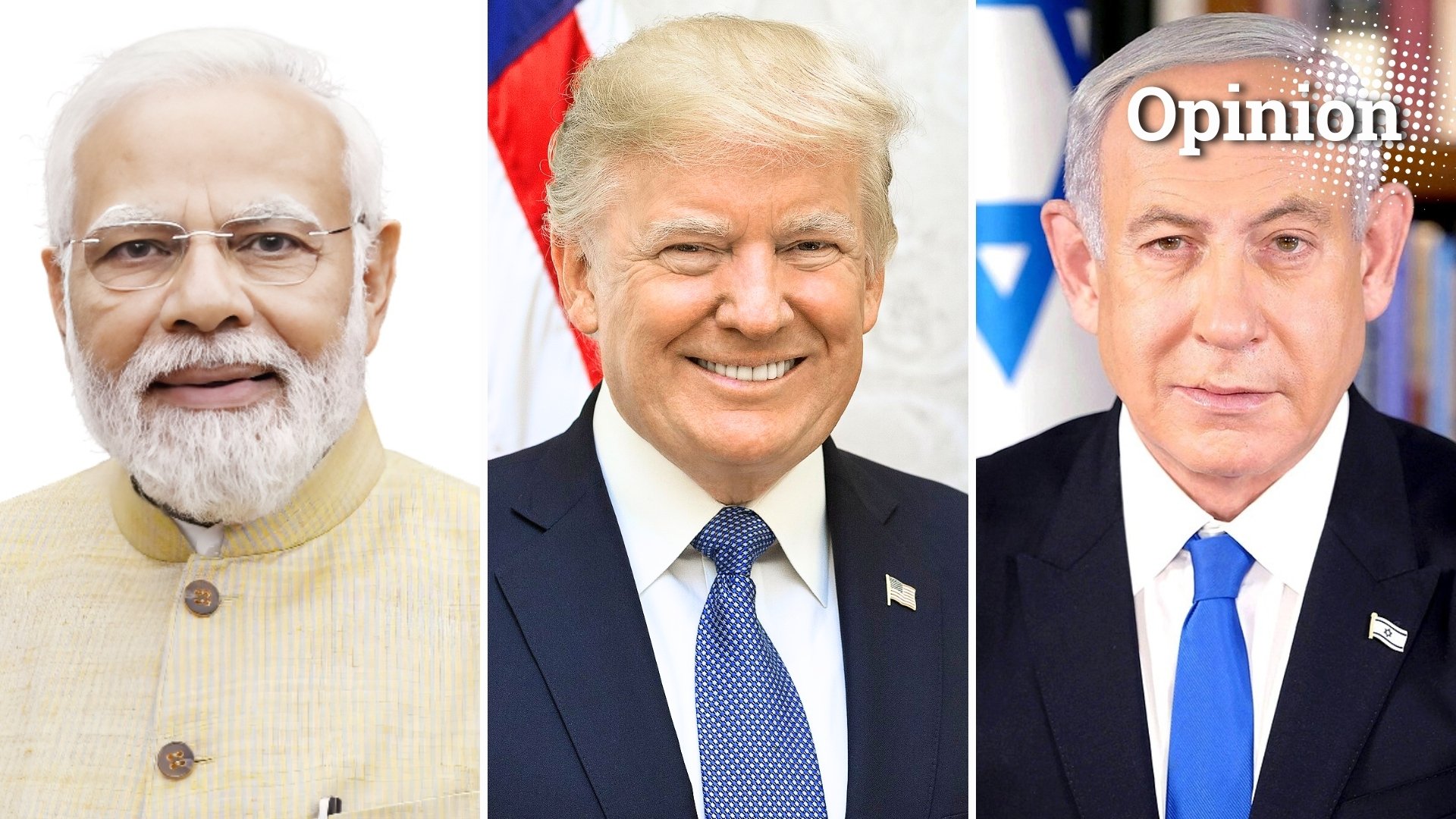Politics
Modi Skips Key Middle East Summit, Signals Diplomatic Shift

Indian Prime Minister Narendra Modi did not attend the recent peace summit in Egypt, where over 20 world leaders gathered to support a Middle East peace plan put forth by US President Donald Trump and Egyptian President Abdel Fattah El-Sisi. Instead, India was represented by Minister of State for External Affairs Kirti Vardhan Singh. Modi’s absence has sparked speculation regarding its implications for India’s diplomacy in the region, particularly in light of the ongoing tensions between Israel and Hamas.
The summit, held at the Red Sea resort of Sharm El Sheikh, aimed to build on the recent ceasefire agreement in Gaza. Modi’s decision not to attend has raised questions, especially given the presence of Pakistani Prime Minister Shehbaz Sharif, which some media outlets suggest may have influenced India’s diplomatic strategy. This comes at a time when India is navigating complex relations with the United States, especially following Trump’s imposition of a 50 percent tariff hike on Indian goods, a move perceived as punitive for India’s continued oil purchases from Russia.
Despite the strain in India-US relations, Modi did extend congratulations to Trump for the ceasefire success in Gaza. Yet, his absence from the summit seems to indicate a calculated diplomatic response to US trade policies. While Modi’s relationship with Trump appears careful, he has been more forthcoming with Israeli Prime Minister Benjamin Netanyahu, commending his leadership and commitment to peace efforts on social media.
The growing ties between India and Israel were highlighted during the recent visit of Israeli Finance Minister Bezalel Smotrich to India, where the two nations signed a bilateral investment deal. Both countries have pledged to enhance collaboration in cyber-security and defense, further solidifying India’s dependence on Israeli military support.
However, India’s cautious approach may also reflect a sober understanding of the prospects for lasting peace in Gaza. The humanitarian situation remains dire, with civilian casualties reportedly nearing 70,000. The ongoing conflict has left Gaza in ruins, and the power vacuum created by the withdrawal of Israeli troops has allowed Hamas to assert control over rival factions, leading to further internal strife.
India advocates for a two-state solution to resolve the Israel-Palestine conflict, although its historical stance has often been criticized for a lack of strong opposition to Israel’s actions against Palestinian rights. In recent years, India has abstained from several United Nations resolutions critical of Israel, including a 2024 General Assembly vote calling for a ceasefire in Gaza.
Despite these past actions, India appears to be aligning more closely with the international community’s calls for a lasting peace in the region. By opting to send a representative instead of attending the summit, Modi may be strategically balancing India’s foreign policy interests while navigating the complex dynamics of Middle Eastern geopolitics. The evolving relationship between India and Israel, alongside Modi’s cautious approach to the US, signals a nuanced shift in India’s diplomatic stance in the Middle East, emphasizing the importance of collaboration while balancing regional sensitivities.
As the situation in Gaza continues to unfold, the international community will undoubtedly be watching closely to see how India’s diplomatic posture develops in response to ongoing pressures and evolving alliances.
-

 World4 months ago
World4 months agoTest Your Knowledge: Take the Herald’s Afternoon Quiz Today
-

 Sports4 months ago
Sports4 months agoPM Faces Backlash from Fans During Netball Trophy Ceremony
-

 Lifestyle4 months ago
Lifestyle4 months agoDunedin Designers Win Top Award at Hokonui Fashion Event
-

 Entertainment4 months ago
Entertainment4 months agoExperience the Excitement of ‘Chief of War’ in Oʻahu
-

 Sports4 months ago
Sports4 months agoLiam Lawson Launches New Era for Racing Bulls with Strong Start
-

 World5 months ago
World5 months agoCoalition Forms to Preserve Māori Wards in Hawke’s Bay
-

 Health4 months ago
Health4 months agoWalking Faster Offers Major Health Benefits for Older Adults
-

 Lifestyle4 months ago
Lifestyle4 months agoDisney Fan Reveals Dress Code Tips for Park Visitors
-

 Politics4 months ago
Politics4 months agoScots Rally with Humor and Music to Protest Trump’s Visit
-

 Top Stories5 months ago
Top Stories5 months agoUK and India Finalize Trade Deal to Boost Economic Ties
-

 Health2 months ago
Health2 months agoRadio Host Jay-Jay Feeney’s Partner Secures Visa to Stay in NZ
-

 World5 months ago
World5 months agoHuntly Begins Water Pipe Flushing to Resolve Brown Water Issue









